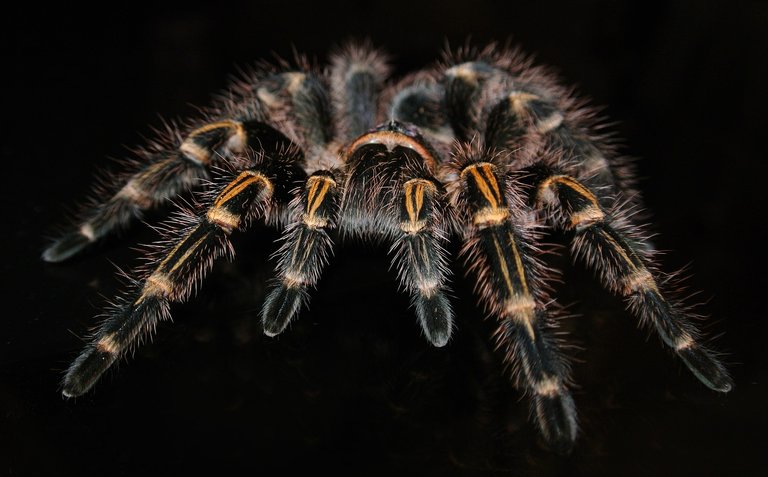This is Day 1 of my 100-Day Bring Value to the Community Challenge. For content details, please check it out here.

Do you live in fear ?
Most of us have something that stirs up our greatest fears, and the same has been true throughout history.
Fearful people have existed across societies, continents and generations.
But this doesn't mean that we've always been scared of the same things - or in the same way. Fears that used to dominate society in the past, be they the thought of nuclear war or witches, no longer grip us in the same way.
Death is our greatest fear, do you recognize it?
Nearly all human fears can be traced back, in one way or another, to a fear of dying.
Those afraid of spiders, snakes and crocodiles don't fear the creatures, but rather the prospect that these animals could kill them.
Similarly, people who live in fear of losing their jobs struggle with the deeper fear that they might loose their livelihoods, their homes and, in the worst case scenario, ultimatley die after being forced to live on the streets.
Society disapproves of fearful children, and typically blames mothers
Children have many fears, not least of which are vicious monsters living under their bed.
Should parents provide their kids with a night light to help them cope, or leave them alone in the dark to toughen them up?
There is a long-standing belief that children must be thaught not to fear things. Fears were thought to prevent children from growing into healthy, independent adults.
In turn, parents had the responsibility to help their children overcome their fears. But when they failed, mothers often came under fire.
For exmaple, in the first half of the twentieth centurm it was widely believed that overly gentle and protective mothers would lead children to become shy, fearful and lonely. This was particularly unacceptable when it came to young boys, whose mothers were accused of emasculating them.
Shyness and fearfulness weren't the only "flaws" that mothers were blamed for.
But as more and more mothers began to work in the 1950s, educators came to recognize the value of maternal protection. Their subsequent worry was that children left alone by their mothers would grow up fearful.
So, whether they left their children alone or remained highly protective of them, mothers would be blamed for a fearful child either way.
Unstable societies are breeding grounds for fear and panic
With the rise of terrorist attacks around the world and their extensive coverage in the media, people are prone to panic at the sight of an unattended bag or feel nagging suspicions when they see foreigners.
History is filled with shifting periods of stability and relative instability. It's during unstable times that emotional insecurity, anxiety and fearfulness rise.